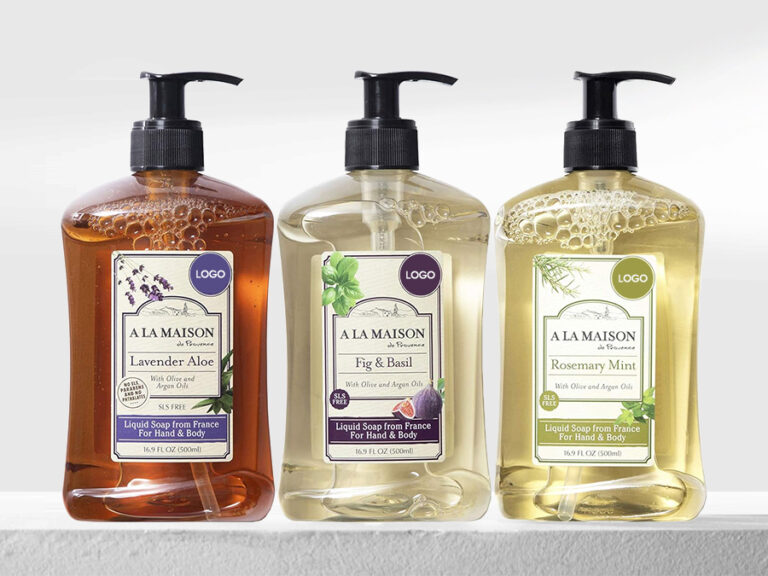







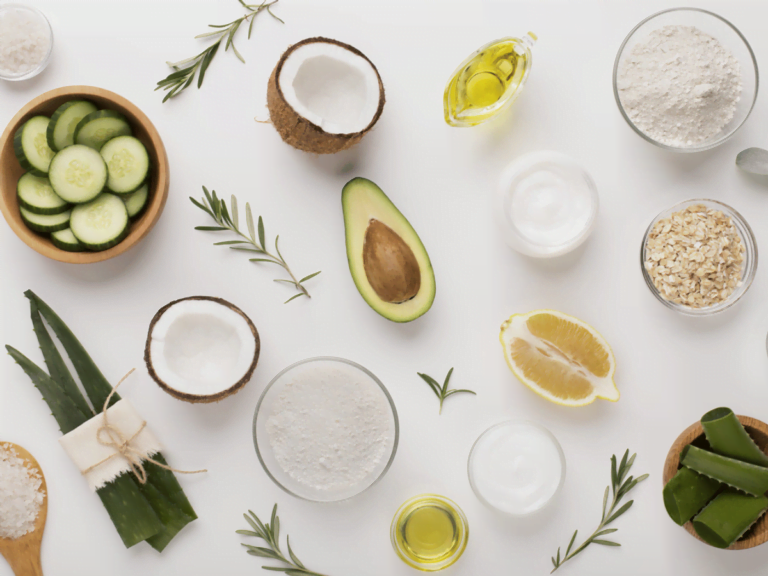
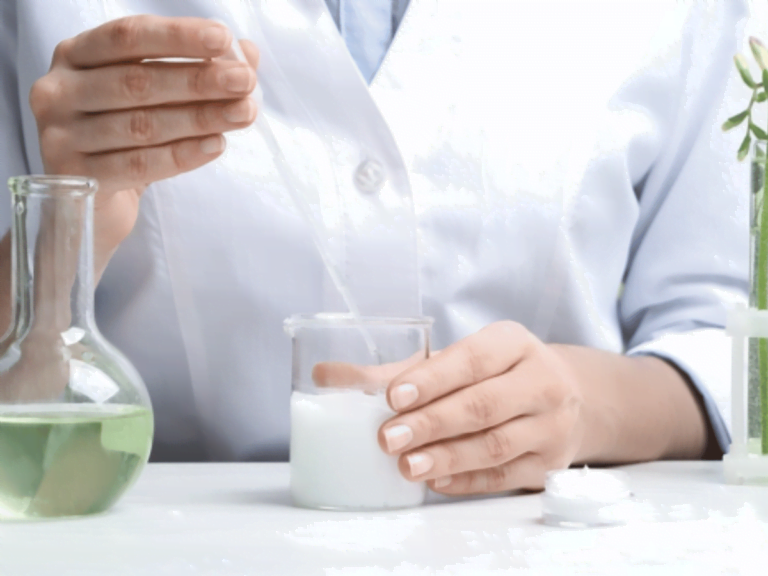
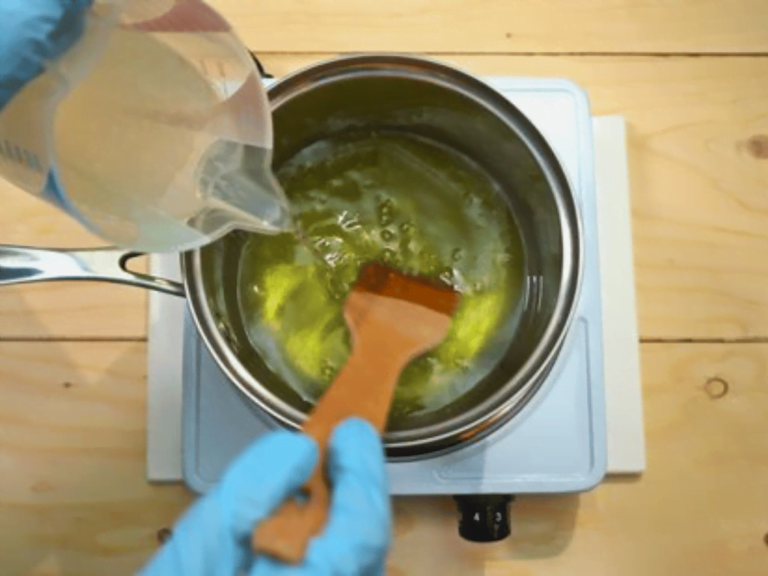
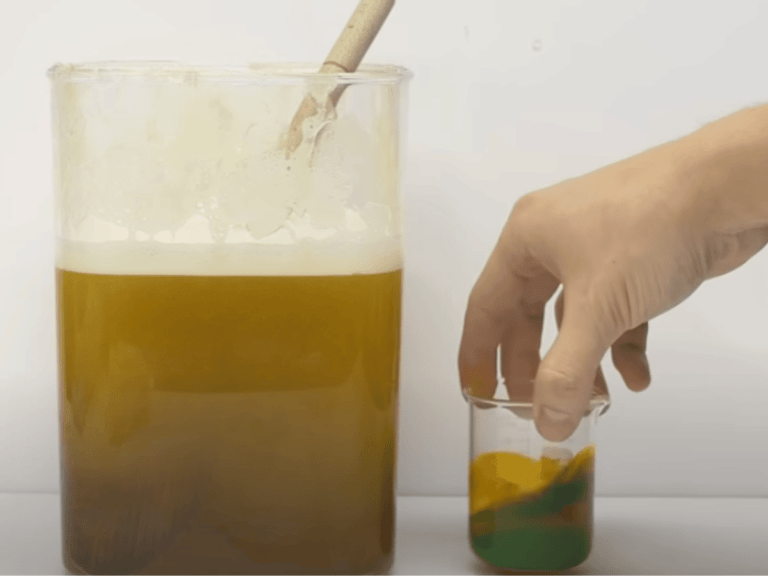
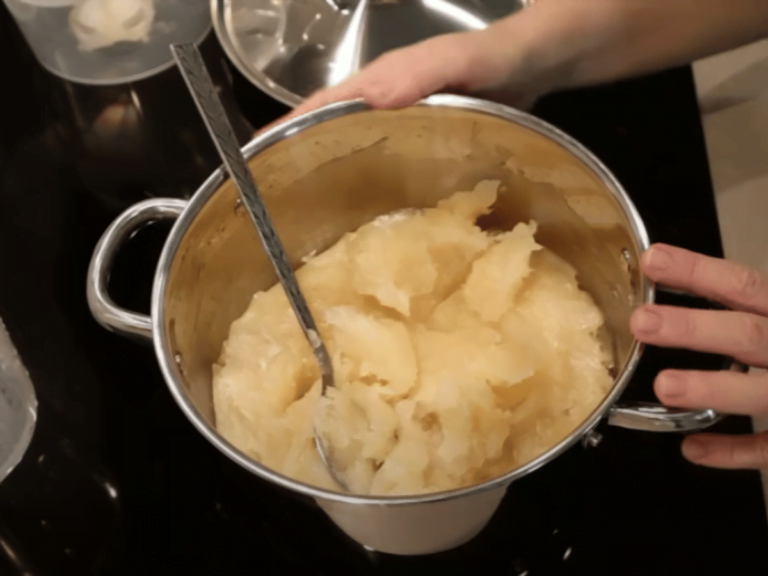
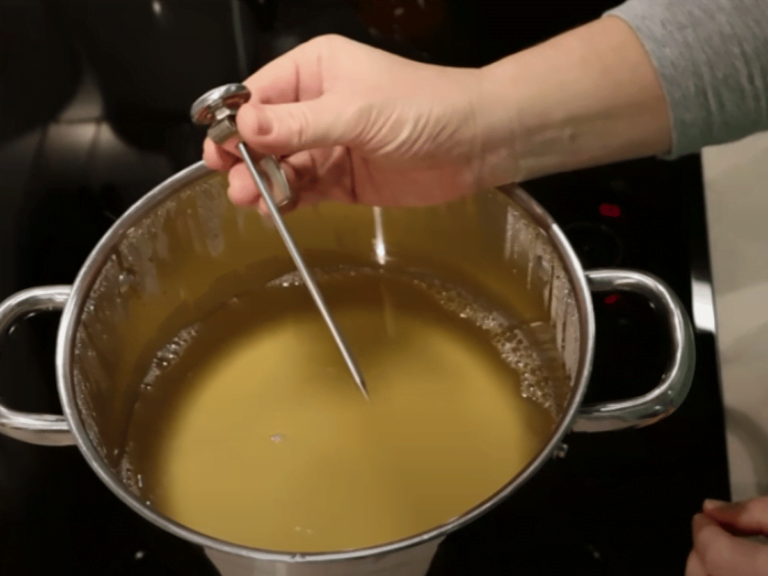
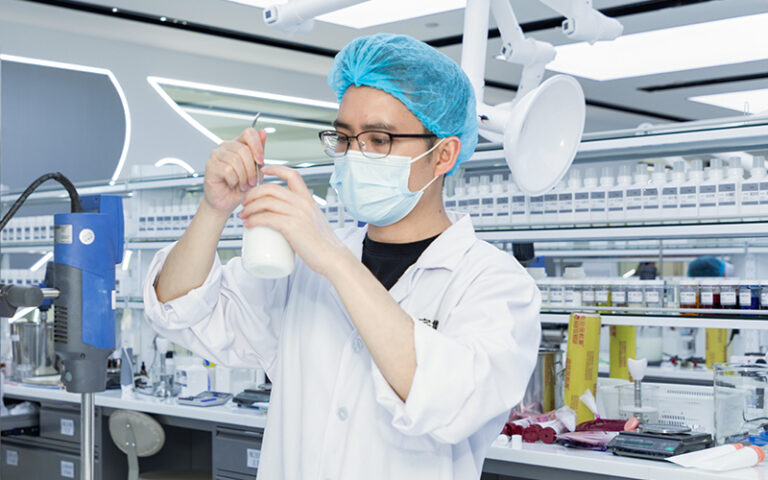
We provide one-stop professional OEM service solutions from formulation customization to packaging design and production. We take care of the nitty-gritty so you can focus on building your brand and establishing your sales channels.
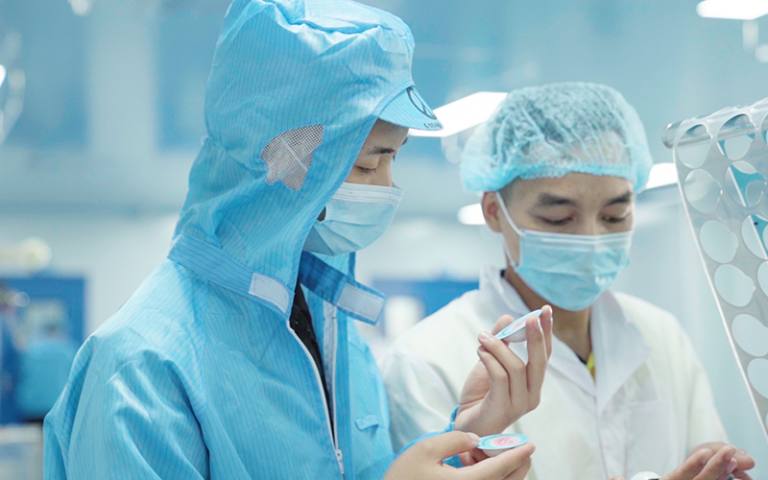
All of our products are manufactured in a 100,000-grade clean room built to international GMPC standards. We have a team of experienced and professional and strict staff to carry out daily inspection of the items that have been produced.
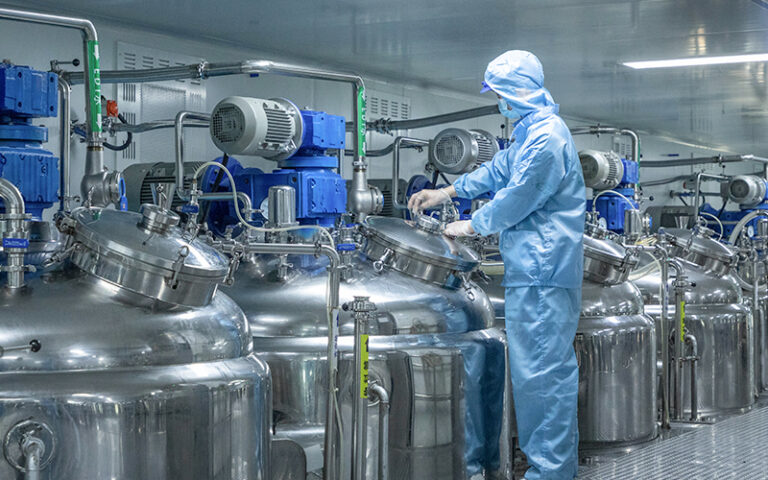
TY Cosmetic ensures that every step of the production process is carefully managed and inspected using detailed Standard Operating Procedures. We have put product inspection standards in place to make sure quality requirements have been complied.
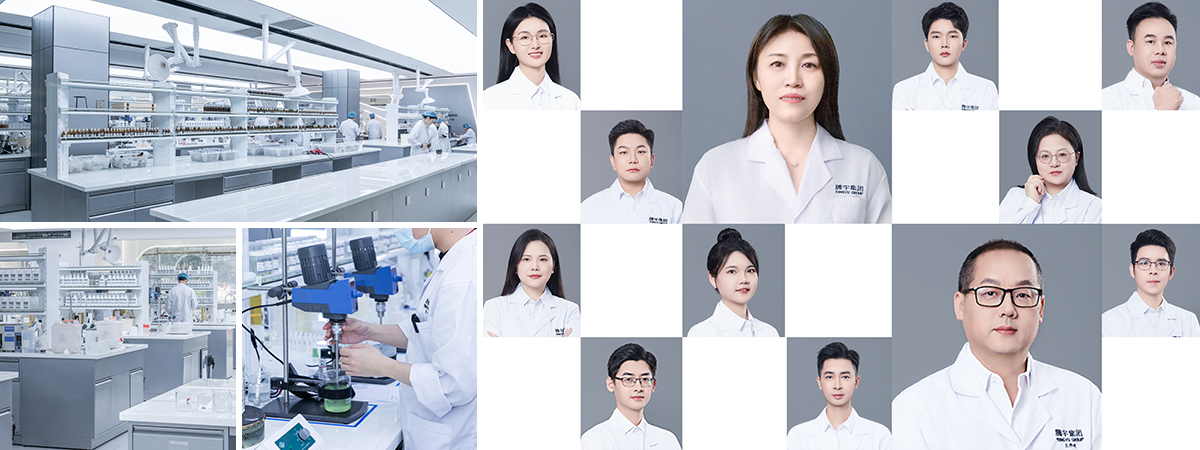
Our experts in OEM Cosmetics & Skincare Research team are the essential foundation to make your success. We have thousand of formulations for a wide range of skincare products. Learn more about this team and other teams.
Your products are produced by the raw material from our proud partners below:
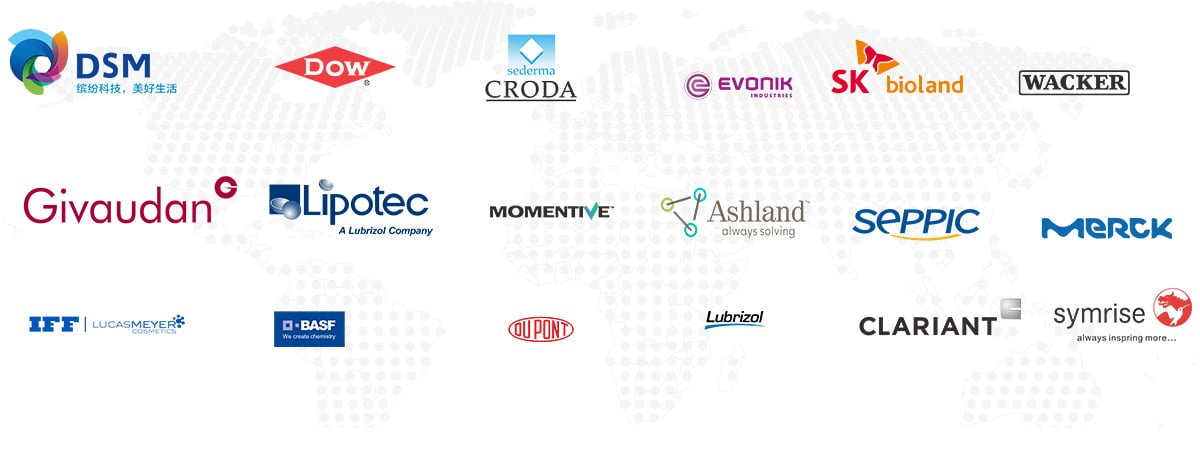
We believe quality is always the key to success, which includes a responsible approach to manufacturing, and controlling whole process.
( Click the thumbnails below to enlarge and see the details. )




Interested in discovering more? Gain instant access to our diverse range of products:
Still haven’t found what you’re looking for? Don’t hesitate to contact us. We’re available around the clock to assist you.








We are here for all your business needs and questions.

I am Sunny Zheng, me and my team would be happy to meet you and learn all about your business, requirements and expectations.








[ben 4] I am Sunny Zheng, me and my team would be happy to meet you and learn all about your business, requirements and expectations.

Kaia Lv

Yoyo Su

Cara Long
We will contact you within 1 working day, please pay attention to the email with the suffix “@tyoemcosmetic.com”.